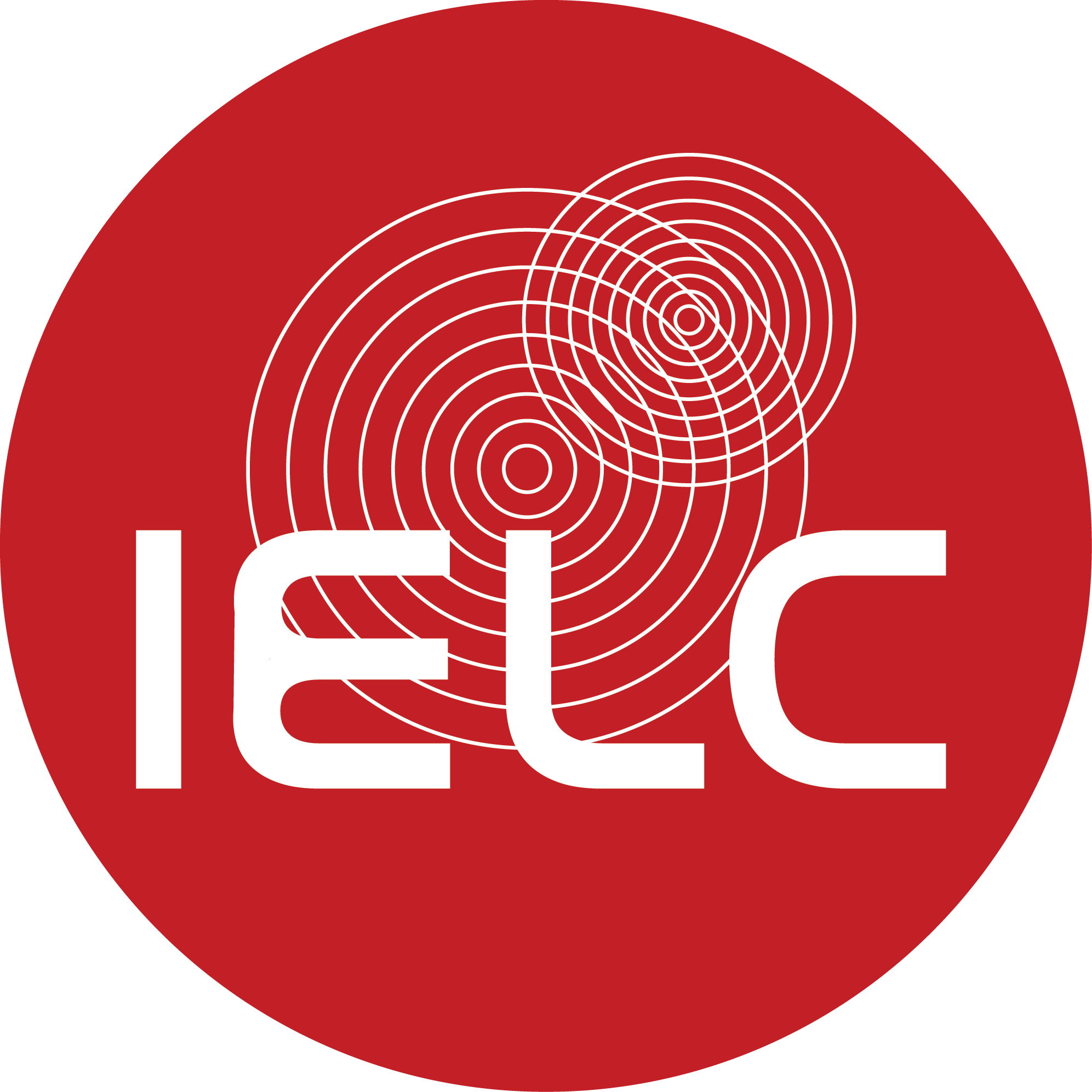| Special Journal Issues - Sociology of Education and Society in Hong Kong: In Retrospect and Prospects Volume 51, 2018 Chinese Education & Society
|
||||
|---|---|---|---|---|
Theme |
Entitled "Sociology of Education and Society in Hong Kong: In Retrospect and Prospects," this special issue is co-edited by Dr Hei-hang Hayes Tang of the Education University of Hong Kong and Dr. Kwok Kuen Tsang of Beijing Normal University. The aim of this special issue is to critically discuss and review the roles of sociological theories and perspectives in understanding better the current educational issues and/or phenomena in Hong Kong. By taking stock of the sociology of education and society in Hong Kong, the special issue will enable sociologists, educational researchers and practitioners, specialists in Hong Kong, China or/and Asia to see the power of sociology of education, as both scholarships of discovery and application, in creating new knowledge to the discipline of sociology while applying sociological analysis of education phenomena, policies and practices. |
 |
||
Issue Objectives |
1. How has the academic literature or existing researches approached the education issues and or/ phenomena? What is/are the contribution(s) of sociology to the literature in the selected field?
2. In what ways can sociology offer a novel point of view to look at the issues? How are the sociological perspectives different from the approaches in the education literature, policy makers and practitioners? How does the difference inform a further development of theories or research agenda in sociology of education? 3. To what extent and in what ways does the advancement of the application of sociology into educational studies contribute to and have dialogues with the disciplinary development of sociology? 4. How can sociological analysis provide practical implications, improve the education policies and practices and enhance social justice? 5. What new knowledge can sociology of education in Hong Kong add to the literatures of Hong Kong Studies, China Studies and Asian Studies? |
|||
Issue
Co-editors |
 |
Dr Tang Hei-hang Hayes Assistant Professor Department of Education Policy and Leadership Research Fellow Asia Pacific Centre for Leadership and Change The Education University of Hong Kong China |
 |
Dr Tsang Kwok Kuen Associate Professor School of Education Beijing Normal University China |
| Contributors | Entitled "Sociology of Education and Society in Hong Kong: In Retrospect and Prospects," this special issue is co-edited by Dr. Kwok Kuen Tsang of Beijing Normal University and Dr Hei-hang Hayes Tang. The aim of the special issue is to critically discuss and review the roles of sociological theories and perspectives in understanding the current educational issues and/ or phenomena in Hong Kong. |
|||
|
||||
Dr Ho Ching Wai
|
||||
Since the mid 1990s, teacher burnout has become a crucial phenomenon in the Hong Kong education system, as increasing numbers of Hong Kong teachers have been reported as stressed, exhausted, and depersonalized in their teaching. In the Hong Kong community, including the academic circle, many people have applied the psychological theory of burnout to study the psychological causes of teacher burnout. However, this article argues that teacher burnout has become a social issue and is not a purely psychological phenomenon. Thus, it is important for us to identify the structural causes rather than the psychological causes of teacher burnout, to obtain a more comprehensive understanding of teacher burnout, and to develop better solutions. This article therefore theoretically analyzes how teacher burnout can be caused by certain structural forces, including structural education reforms, the administrative structure of schools, and the occupational and career structure of teaching, from the perspective of the sociological theory of work alienation. The article also gives recommendations for further studies based on the theoretical analysis. |
||||
|
||||
|
||||

